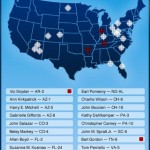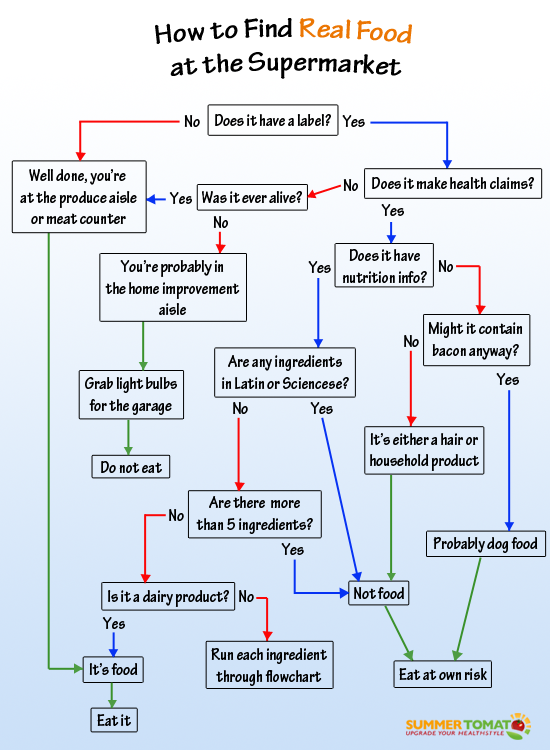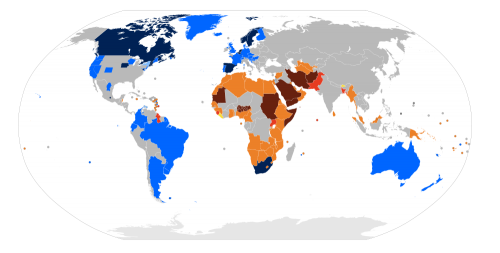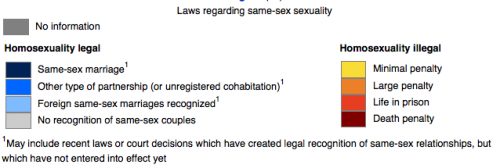The attempted assassination of Rep. Gabrielle Giffords will come up tomorrow, (I have one student who is extremely interested in politics who is sure to recognize the importance of this), so I’ve been trying to figure out how to approach the issue. The New York Times’ Learning Network Blog has an excellent resource on, “Ways to Teach About the Arizona Shootings” that starts with allowing students to have a personal response, provides lots of great links relating to political violence and inflammatory rhetoric, and ends with a review of the history of assassinations in the U.S..
For my class, however, the two places I see the most relevant connections, that are developmentally appropriate, are in our ongoing discussion of rhetoric and argument, and in the language lessons focusing on connecting issues in texts.
Reading List
In the wake of the shooting, as everyone’s been trying to make sense of the attacker, his reading list has been a key focal point for trying to understand his motives.
There are lots of ways to link Mein Kampf, Animal Farm, and Brave New World; the latter two are secondary school staples for one thing. However, considering the issues in these texts, here’s one interesting observation by adriejan from Light Sound Dimension, “While these are all masterpieces, they have in common that they deal with the topic of reality perception being controlled by higher powers.” Does this hint at someone struggling with their identity and feeling powerless in the face of a complex world? Perhaps. This is what Jacob Mooney at Vox Populism calls “forensic bibliography”.
Whether we recognize it or not, we most often connect with the themes of books, even more than the quality of the writing I think (how else to explain the success of the early Harry Potter books, or Twilight). So our preferred reading lists tell us a lot about ourselves.
Inflammatory Rhetoric

I’m glad I’ve started on rhetoric and argument this cycle, because that’s another key intersection with the curriculum given where my early adolescents are morally and philosophically. There two points about extreme rhetoric that need to be made here (at least). The specific point deals with the direct consequences of the language you use. Extreme language like the statement, “I’m going to kill you for that!” limits your options, even if meant as hyperbole. If it’s taken seriously, backing down from the threat diminishes your reputation, tempting you to try to back up your unintended extremism. And when it’s not taken seriously, you’re requiring the content of your statement to be ignored, which sets a precedent for everything else you say.
The more general point about using inflammatory rhetoric, that it’s bad for the political and social culture, is probably the harder one to get across, because in insisting on temperate language you’re ultimately arguing against free-speech. Free-speech is fundamental principle that idealists latch onto easily. Adolescents have a predilection for idealism. Principles also offer good, solid, defendable positions when dealing with complex issues. Put free-speech against the idea that inflammatory language helps create a culture of violence, especially when it’s difficult to find any clear link between the language and the action, and I have no idea where the discussion will end up. Yet I have some confidence that my students will see the point, even if they don’t concede it. They have dealt with this type of ambiguity before, especially when they’re arguing about the limits of my power in the classroom (“Let’s vote not to have any math this cycle”).
We’ll see how it goes.




